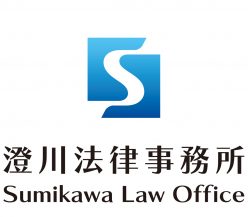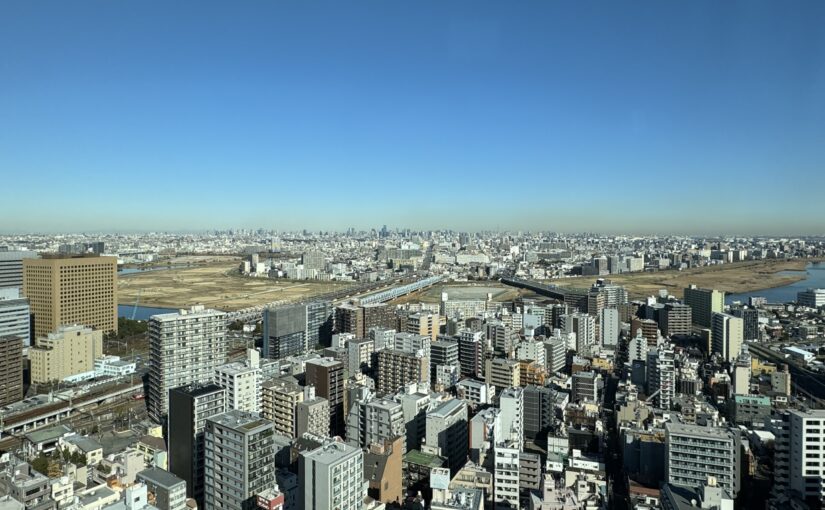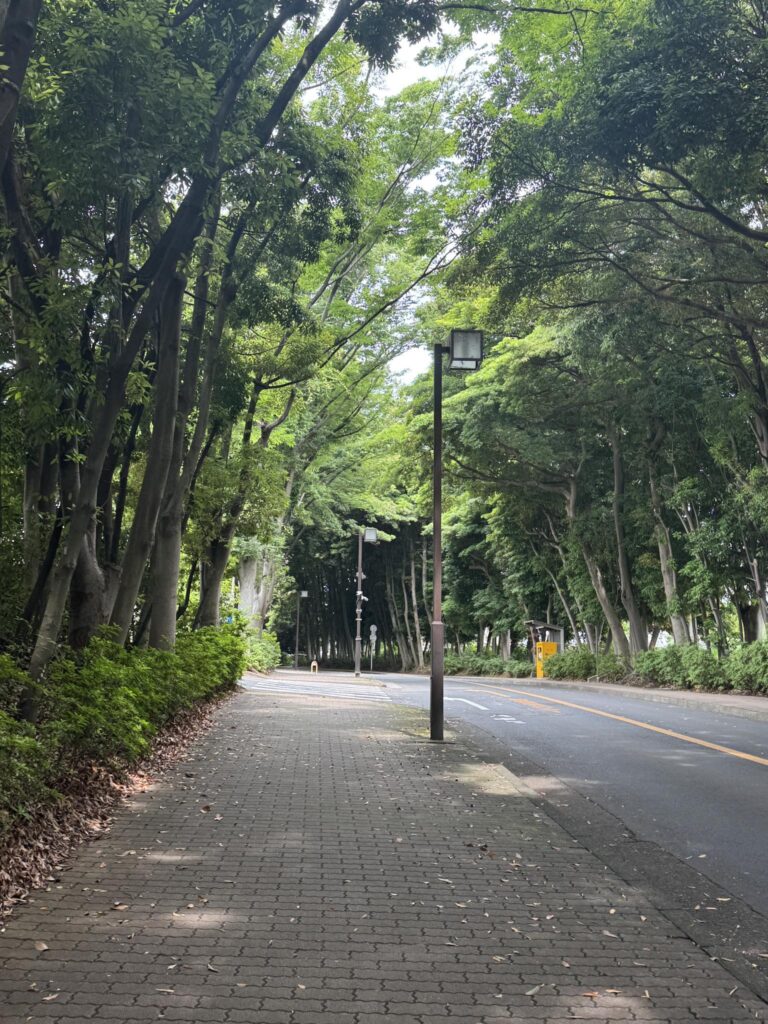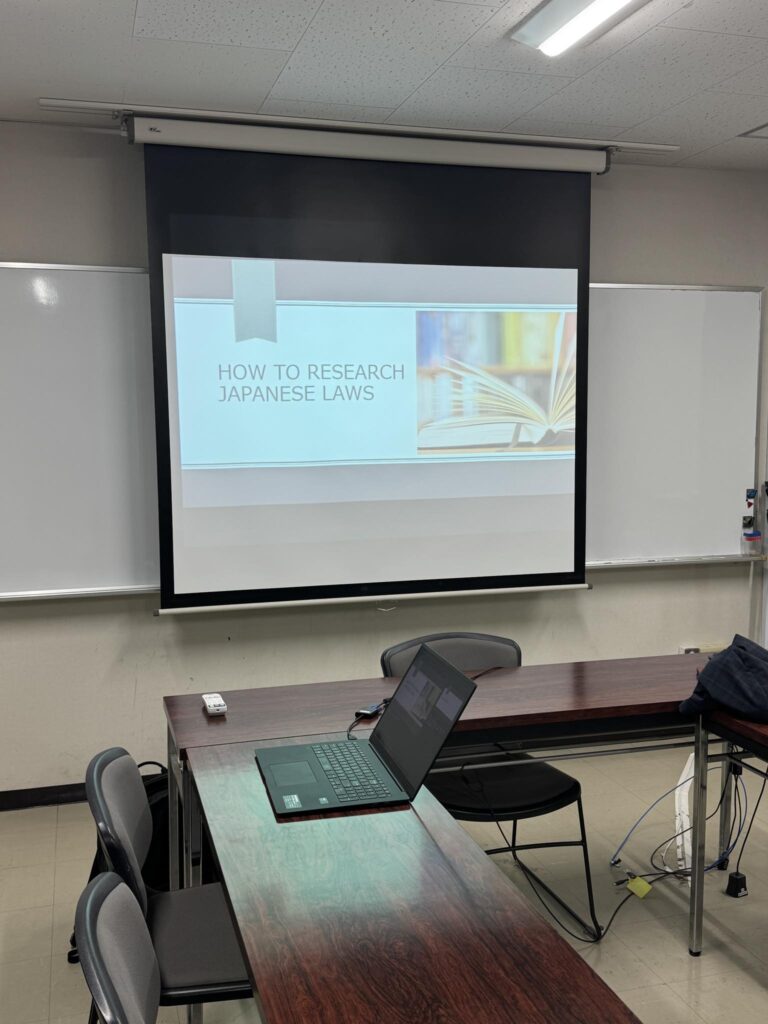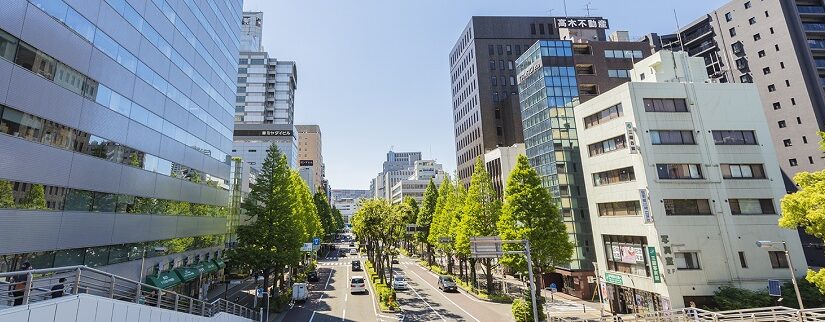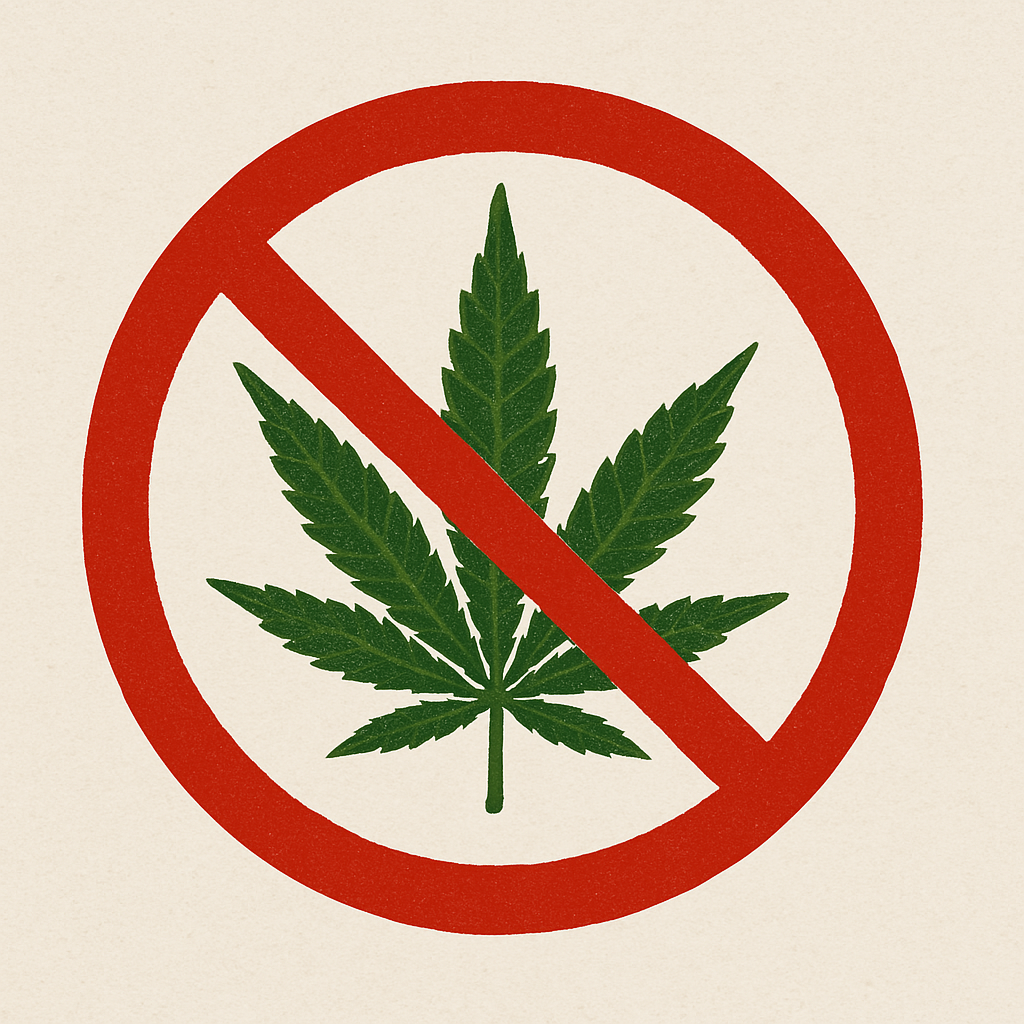Navigating inheritance in Japan as a foreigner? Learn the basics of Japanese inheritance law, applicable laws, and the importance of a will. Sumikawa Law Office, English-speaking lawyers near Tokyo, can assist.
(Introduction) When a foreign national living in Japan, or a foreigner who owns property in Japan (like real estate or bank accounts), passes away, their family faces a complex question: how is the inheritance handled? International inheritance law can be challenging.
Here is a brief overview of what foreigners need to know about inheritance in Japan.
Which Country’s Law Applies? (Governing Law)
Many people assume Japanese law automatically applies to assets in Japan. However, Japan’s private international law states that inheritance is generally governed by the law of the deceased person’s nationality (their “home country law”).
- Example: If an American citizen passes away, US law (specifically, the law of their state) generally governs their entire estate, including their property in Japan.
However, there are exceptions, and the process itself (like registering real estate or releasing bank accounts) must still follow Japanese procedures, which can create conflicts or complications.
The Critical Role of a Will (Yuigon)
Because different countries’ laws may be involved, having a valid Will (遺言, Yuigon or Igon) is important for foreigners connected to Japan.
A Will can simplify the process immensely for your heirs. It helps clarify who should inherit your assets, regardless of where they are located. For assets in Japan, creating a Will that is legally valid in Japan (such as a Notary Deed Will) can make the procedures at Japanese banks and legal affairs bureaus significantly smoother for your family.
What If Japanese Law Applies?
In some cases (for example, if the deceased’s home country law directs back to the law of the location of the assets), Japanese law may apply. Under Japan’s Civil Code:
- The spouse is always an heir.
- Children (or their descendants) are the first in line (along with the spouse).
- If there are no children, parents (or grandparents) are next.
- If none of the above exist, siblings become heirs.
Professional Advice & Mandatory Registration
International inheritance involves complex legal issues, differing procedures, and potential language barriers. Waiting too long can lead to frozen assets and difficult disputes.
Furthermore, a recent change in Japanese law now makes it mandatory to register inherited real estate within three years of learning of the inheritance. This new rule makes timely and accurate procedures essential if you inherit real estate in Japan.
If you are dealing with an inheritance matter in Japan or wish to prepare a Will, seeking professional advice early is crucial. The English-speaking attorneys at Sumikawa Law Office are experienced in supporting foreigners with Japanese inheritance law and procedures. Contact us for a consultation.
